Even though Donald Trump’s poll number continue to be abysmal, there is something of an anti-anti-Trump backlash underway in GOP circles. Never-Trump conservatives have never been a particularly robust group and their numbers seem to be dwindling by the day. But now they are taking friendly fire. Even the venerable Trump skeptic David Brooks suggests in The New York Times that Trump critcs have not only gone too far in their opposition, but actually seem to “be getting dumber.”
While Brooks appears to be reacting to the Michael Woolf’s journalistically-challenged best seller, he is echoing a growing refrain on the right: If you ignore Trump’s tweets and other erratic utterances, his presidency is really not all that bad. (Brooks wrote just days before Trump referred to African countries as “shitholes.”)
The argument from Brooks and other Trump rationalizers s actually quite plausible: under Trump the GOP has been able to pass sweeping tax reform, eliminate the individual mandate, roll back the regulatory state, and install conservative judges throughout the federal judiciary, including, most notably, the Supreme Court. The stock market continues to soar, unemployment is down, and the excommunication of Steve Bannon could mark a turn toward a more normal presidency, with rational and prudent center-right figures now steering the policy ship.
In his recent column, Brooks argues that it is “almost as if there are two White Houses.” There is the reality television White House, “which we tend to focus on: Trump berserk in front of the TV, the lawyers working the Russian investigation and the press operation.” But there is also what he calls “the Invisible White House<” which is quietly effective “at managing around the distracted boss.”
In this telling, it is not the GOP that has surrendered to Trump; it is Trump who has essentially ceded policy to mainstream conservatives. Trump’s lack of any fixed principles and invincible ignorance on policy means that he is an empty vessel that the establishment GOP can use to accomplish many of its dearest objectives.
The publication of Woolf’s book, Fire and Fury, has actually emboldened Trump’s new defenders, like Brooks, who point out correctly that the book’s overstatements and shaky relationship with the truth serve to weaken more reality-based critiques of Trump’s presidency.
Ironically, by raising questions about Trump’s basic mental fitness the book has also encouraged some in the media to lower the bar for Trump. At a meeting with congressional negotiators on immigration, for example, Trump was clearly unfamiliar with the details of his own position on proposed legislation. But, since expectations were so low that reviewers passed over his ignorance and praised him for his coherence.
Here is the problem with that: You don’t have to think that Trump is crazy or suffering from pre-dementia to recognize him as a dishonest, erratic, narcissist who is demeaning the presidency and potentially rendering conservatism toxic for a generation. Brooks quite rightly warns mindless oppositionalism, lowering our intellectual and journalistic standards.
But to regard Trump’s presidency as normal, or something approaching normal, conservatives would have to ignore:
* Trump’s character, including his bullying, name-calling, and chronic lying (According to the Washington Post, he has made more than 2000 false claims since taking office). Conservatives once insisted that character was central to culture, but now, as New York Times columnist Bret Stephens recently noted. “’Character Doesn’t Count’ has become a de facto G.O.P. motto. “Virtue Doesn’t Matter’ might be another.
*The president’s pattern of stocking racial animosity, including his empowerment of alt right extremists in the wake of the Charlottesville demonstrations, and his penchant for picking culture war fights like the one with the NFL. His “shithole” comments were merely the latest in a long string of cringeworthy dog whistles to his base.
*His treatment of women who have accused him of abusing and/or molesting them. (Despite wishful thinking, those charges aren’t going away in the #MeToo era.)
*His ignorance of basic matters of governance, including details of his own administration’s policies from health care to foreign surveillance.
*His administration’s withdrawal of the United States from world leadership.
*Trump’s admiration of and fan-boy praise for autocratic thugs, including Putin, Duterte, and Erdogan. His administration continues to squander our moral authority as a defender of human rights and freedom.
*His indifference to the well-documented Russian attempts to subvert our democracy.
*His assault on and contempt for the rule of law, which may include the actual obstruction of justice.
*His ongoing attacks on law enforcement, the intelligence community, and the judiciary.
*Trump’s repeated calls for the Department of Justice to prosecute and jail his political opponents
*His relentless attacks on the free press, including his call for changing libel laws and his threats to pull the licenses of critical media outlets.
*Trump’s attacks on Free Trade and his threats to launch a trade war.
*His ongoing personal financial conflicts of interest and self-dealing.
*Trump’s abuse of the presidential pardon power on a lawless bigot (Joe Arpaio).
*His repeated use of his office to attack private businesses and individuals.
*His embrace of accused child molester Roy Moore, an unreconstructed birther, who had been twice removed from the Alabama bench for failing to respect the rule of law.
*Trump’s erratic escalation of a possible nuclear confrontation with North Korea
*His administration’s crude and often cruel immigration policies that threaten to deport hundreds of thousands of families and bans that seek to bar millions on the basis of their religion.
The president’s many rationalizers would like to believe that objections to Trump are merely matters of taste or style or the president’s “personality.” But as this list (which is hardly comprehensive) suggests the objections are far more serious. Even with tax cuts and Neil Gorsuch on the Supreme Court, the Trump presidency continues to pose a moral, political, and perhaps even existential challenge to conservatives. That has been true from the beginning and there is no sign that will change anytime soon.
